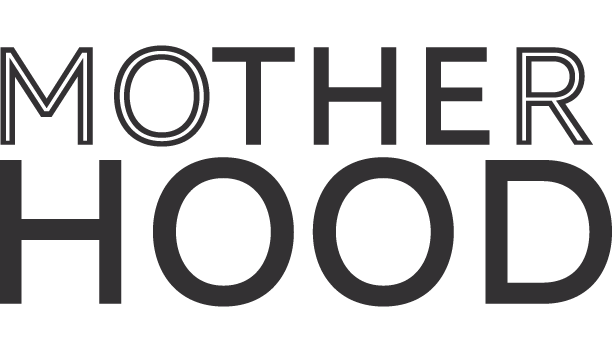
As part of our ongoing celebration of Earth Day this month, we’ve been looking for great local green initiatives to highlight. Organic veg-box providers Field to Fork bring fresh, local food to the communities of Cricklewood, Kilburn, Kensal Green, Willesden Green, Queens Park, West Hampstead and Portobello. WLM asked Amandine Alexandre-Hughes to tell us about their efforts to create a more sustainable system of food production.
What made you start Field to Fork Organics Co-operative?
I co-founded Field to Fork in the spring of 2013 with a small group of people I met through Transition Town Kensal to Kilburn in northwest London. We discovered that we had in common a passion for sustainable and organic food, but not only. We also had an ambition to build a more sustainable food system. So, we decided to establish our own organic vegetable-bag scheme to encourage more people to eat organic vegs, support local organic farmers and protect the environment.
 How does the service work?
How does the service work?
It’s a monthly subscription. You sign up directly on our website. You get to choose between three different sizes (small, medium and big) and two options (with potatoes or without). You select one of our 11 pick-up points; in west London, we deliver to the Tabernacle. We don’t do home deliveries as we are trying to keep prices affordable. It’s also an opportunity for our customers to use their local shop/café/restaurant or pub and hopefully meet more people in their area.
Can you tell us a little about the farmers you work with?
We have established a direct relationship with Pete Richardson at Westmill Organics. Pete’s farm is located at the frontier between Oxfordshire and Wiltshire. He has grown more produce this year as our customer base has grown. We also buy from Perry Court Farm and Brockmans Farm in Kent. At this particular time of the year, we also need to buy from wholesalers as there isn’t a lot of produce available in the UK. It means that we can’t just rely on one particular farm to provide a good variety of vegetables week after week. We have to shop around to keep the contents of the bags as interesting as possible. The new season crops will start coming out of the ground in June for the majority of them, not before.
How does it differ from other organic fruit and veg delivery services?
We are local. We have a packing shed in Queens Park Community School and we’re trying to spread the community glue as much as possible through our network of pick-up points. We think that we can find enough customers in northwest and west London for Field to Fork Organics to become a sustainable and thriving business. Also we are a workers’ cooperative. Oh, and we deliver our bags in an electric milk float.
Can you see the weekly contents in each bag?
We post the Veg Bags’ contents on our blog every week as soon as we can—that is, when all our suppliers have confirmed the produce we have ordered is available. It’s normally on a Wednesday.
Are substitutions allowed?
Unfortunately, we are not in a position to offer substitutions just yet as we would probably need to have a member of the Veg Team present at a pick-up to make sure things run smoothly. For me, trying new vegs is part of the excitement of being a member of Field to Fork Organics. Whatever the vegetable, you can try to roast it, use it in a soup or have it raw. You just have to find what the best option is for you. I discovered recently that cauliflower tastes great in soups. I share my recipes with customers on the Field to Fork Facebook page and on our blog. I am far from being a professional cook but I enjoy cooking and I hope that I can inspire other people to make the most of UK organic produce.
Check out what’s in the latest veg boxes, or read more about Field to Fork.


